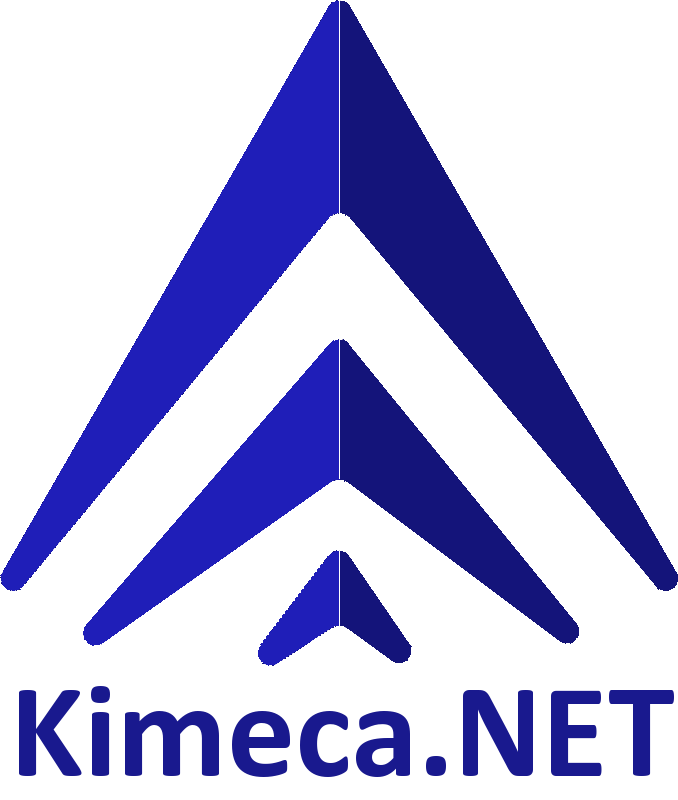Course Objective

Metal forming processes are highly nonlinear because they involve geometric, material, and contact nonlinearities. Therefore, simulating these processes numerically can be a difficult task. However, numerical simulations of forming processes present advantages that outweigh the difficulties. Numerical simulation can reduce both the cost and length of a product development cycle by identifying potential forming problems prior to tooling fabrication and reducing the time and cost associated with tooling rework. Numerical simulation can also improve the quality of the part being manufactured through testing to ensure that the manufacturing processes appropriately account for spring back and stretching of the parts.
Using lectures and hands-on workshops, the seminar provides practical modeling skills and techniques for simulating forming processes such as:
- Stamping
- Hydroforming
- Punch stretching
- Forging
- Rolling
- Drawing
- Superplastic forming
Who Should Attend
This course is recommended for engineers with experience using Abaqus.
